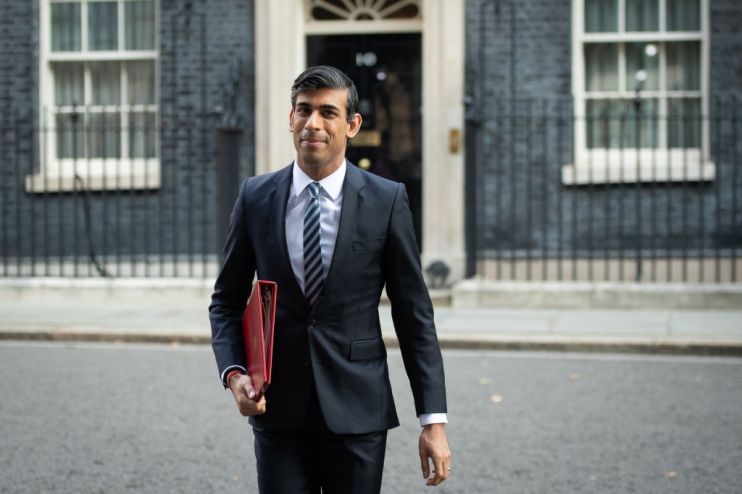Rishi Sunak hints at potential targeted furlough scheme extension

Rishi Sunak has assured MPs that he will be “creative” in protecting jobs after the furlough scheme ends, potentially hinting at a limited extension of the emergency measure.
When asked if he would provide sector specific sectoral support after the end of the furlough scheme next month, the chancellor said he had “not hesitated to act in a creative and effective ways to support jobs and employment and will continue to do so”.
The furlough scheme – officially known as the Job Retention Scheme – has seen £35bn paid out to 9.6m workers across the UK since it began in May.
The wage subsidy scheme is due to end at the end of next month, with the Treasury reducing its payments to 60 per cent of normal wages, up to £1,875 a month, from 1 October.
Employers are supposed to top up the government’s furlough payment to ensure workers get 80 per cent of their wages, up to £2,500 a month.
However, there have been calls from a number of business lobby groups, and Labour leader Sir Keir Starmer, to extend the scheme for industries that cannot function at full capacity due to Covid restrictions.
Before the Open newsletter: Start your day with the City View podcast and key market data
CBI boss Dame Carolyn Fairbairn told the Financial Times that it should be extended to stop mass unemployment for sectors such as retail, hospitality and aviation.
Some Tory MPs have also called for an extension to the scheme.
Sunak has said on numerous occasions that the scheme will definitely end at the end of next month, however his comments today may indicate future support will be available for certain sectors.
Shadow chancellor Anneliese Dodds said she hopes “that the chancellor might be finally listening”.
“The chancellor should be focused relentlessly on protecting jobs,” she said.
It comes as new Office for National Statistics (ONS) figures show that the unemployment rate has jumped to 4.1 per cent.
That was after 48,000 jobs were lost compared to the previous quarter, the biggest quarterly increase since the financial crisis in 2009.